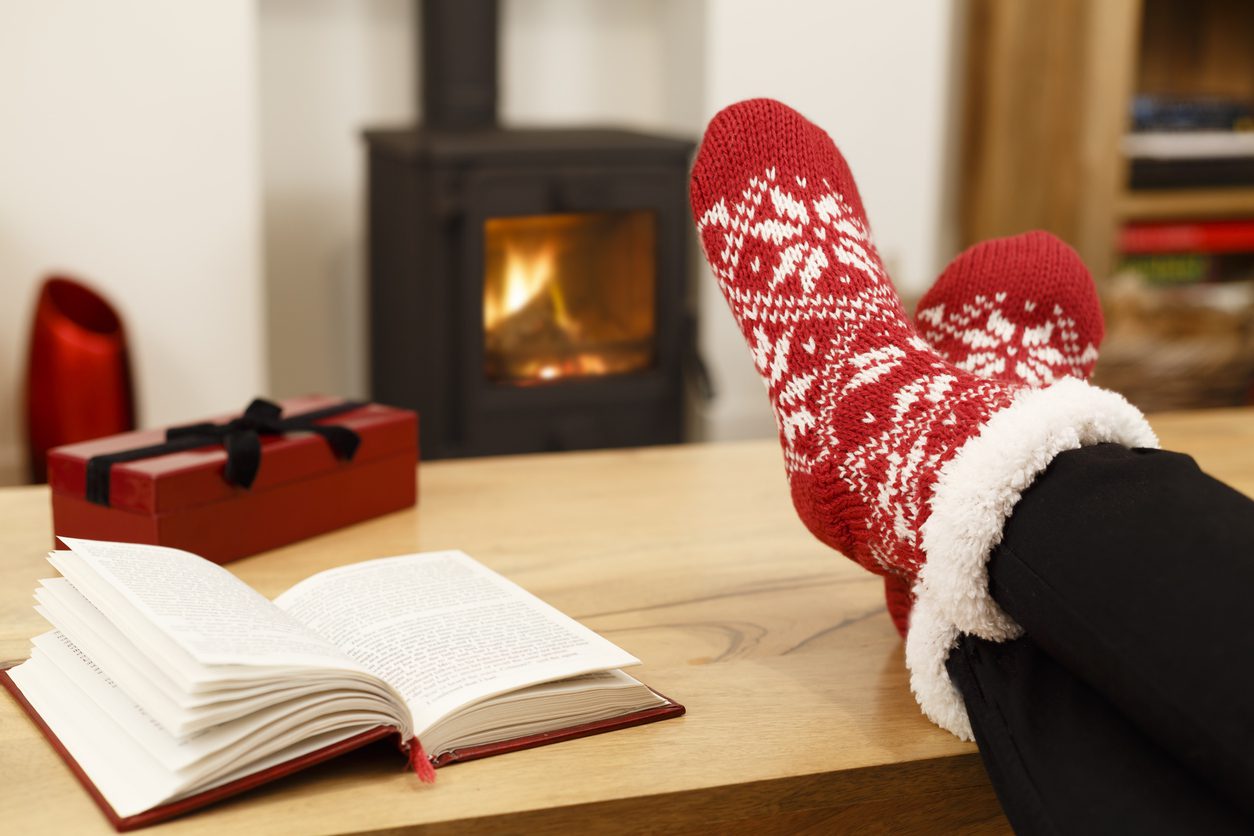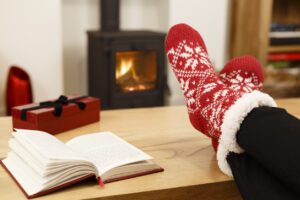
As the outside weather turns cold, many turn to the use of space heaters and woodburning stoves to help fight the chill from their homes. The wintry months of December through February are the highest for reported home fires that involve heating equipment. Such fires are a sad, significant source of fire fatalities.
If you choose to make use of space heaters or woodburning stoves, take the time to make sure they can be used safely. Steps can be taken to minimize the chance of a tragic fire loss.
Space Heaters
There are a number of simple steps to make the use of space heaters safer. Adhere to the following:
- Use only Underwriter Laboratories (UL) approved heaters
- Remember to turn portable heaters off when leaving the room or going to bed
- Test smoke alarms monthly.
- Inspect the heater to make sure it is operating properly and use heater ONLY as intended
- Heaters must automatically shut off after desired temperature is reached
- Heaters must automatically shut down in the event of a tip over
- Heaters must be kept at least three feet from all combustible materials
- Heaters must be monitored when in operation
- Only plug heaters into wall receptacles (never use an extension cord)
- Locate and use space heaters away from travel paths
- Do not use space heaters in bathrooms or kitchens
- Do not use portable space heaters if small children are present
Woodburning Stoves
There are a number of simple steps to make the use of woodburning stoves safer. Adhere to the following:
- Keep anything that can burn at least three feet away from any stove
- Have a three-foot “kid-free zone” around the stove’s location
- Have a qualified professional install such stoves, according to local codes and manufacturer’s instructions. Strictly adhere to clearance, pipe length, chimney type and related requirements
- Have stove and related connections professionally cleaned and inspected annually
- Locate stove on a noncombustible, fire resistant base
- Burn only dry, well-seasoned wood
- Crack open a window to assist with ventilation
- Dispose of ashes in a closed metal container outside the house
- Never pass stove pipe through a wall or ceiling
- Never connect a wood stove to a chimney serving another appliance burning other fuels
- Don’t start a stove fire with flammable liquids
- Never use a stove to burn trash as such use may create a chimney fire
- Never leave an operating stove unattended
- Only use stoves approved by recognized testing laboratories


